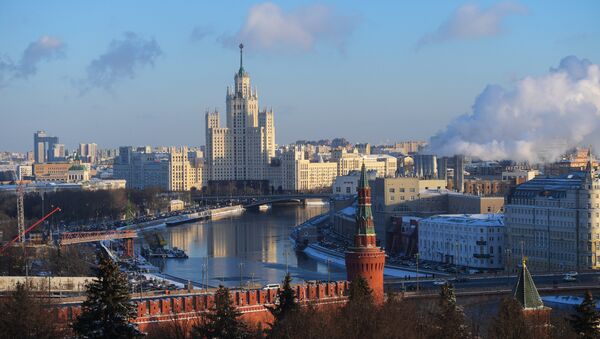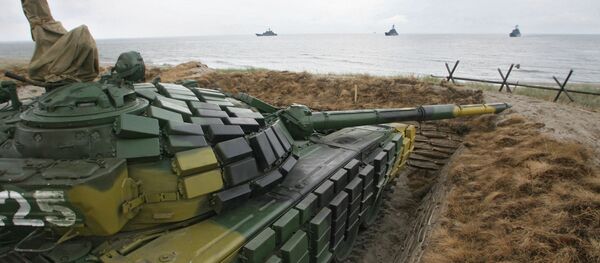The West has made little of Russia's concerns about NATO eastward expansion, Wolfgang Ischinger said.
"The West did not take Moscow's growing discontent seriously enough 10-12 years ago. We really would be in a different situation now if we would have tried to engage in talks more actively," the head of the Munich Conference noted.
At the same time, Ischinger explained that NATO's military build-up near Russia's borders had been provoked by the fear of Moscow's potential aggression in the Baltic States.
According to the official, following Crimea's reunification with Russia in 2014, these countries repeatedly expressed concerns that Russia might intervene in their territories.
Commenting on the question about how likely he considers a Russian attack on NATO's eastern flank, the head of the Munich Conference didn't give a direct answer, but stressed that the current situation "causes concerns."
Ischinger sees the cause of the military imbalance in the fact that "Europe has been actively reducing armaments for many years, and Russia has been on the contrary building them up."
"There is an imbalance that can't prevent the emergence of instability, and in case of a conflict this instability would grow," the former diplomat explained, adding that for this reason the international community needs additional arms control mechanisms.
According the MSC Report, Russian arms spending has grown by 200% since 2007, while similar expenditures by Germany, France, the United States, Great Britain and Italy have remained at previous levels.
Earlier this week, Lithuanian Defense Minister Raimundas Karoblis said Russia had deployed the Iskander missile system in the Kaliningrad region, adding that they posed threat to Europe as a whole.
Later on, the head of the Russian State Duma Defense Committee, Vladimir Shamanov, confirmed to journalists that Russia had placed the systems in the Kaliningrad region.



